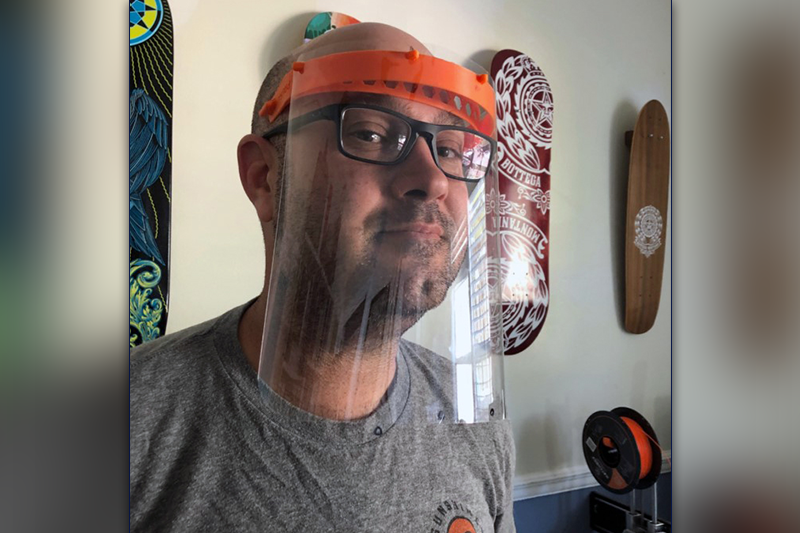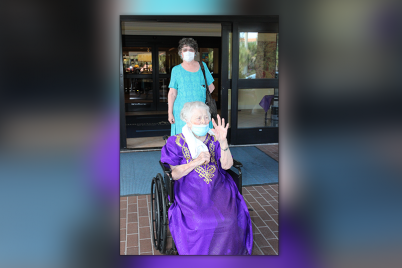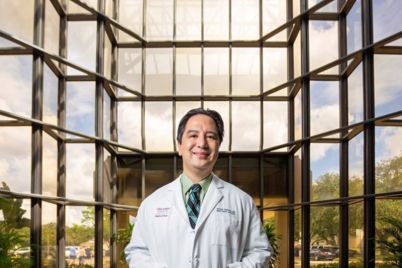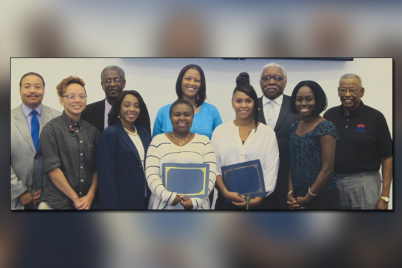PINELLAS COUNTY — St. Petersburg College Humanities and Fine Arts Chair Jonathan Barnes is using 3D printing technology to create face shields for healthcare workers concerned about a possible shortage of personal protective equipment (PPE) in the face of coronavirus COVID-19.
Barnes started using his personal 3D printer to create the face shields when he learned a friend was looking for face protection for his job as an emergency room physician in Ocala. Barnes soon realized he needed backup to increase production.
“I quickly realized it wasn’t enough,” Barnes said.
SPC leadership gave Barnes permission to bring home two printers from SPC’s Humanities and Fine Arts department. Since then, his output has increased. Over the past few days, other people have offered up their printers for the cause after seeing Barnes’ posts on social media.
“Right now, we can make six shields every four hours,” he said
Since the COVID-19 outbreak began in the United States, healthcare providers have made pleas for help in securing PPE. Barnes found an open-source design for a face shield from a Czech company, Prusa, who makes 3D printers. He tried one, made a few tweaks, and then set about making the much-needed items. Once the machine has done its work, the hands-on part of production begins.
“The clear part is mylar stencil film, which is hand-cut, and the holes are punched with a three-hole punch I modified to make it a little quicker,” Barnes said.
Friends, family, and word of mouth have increased demand. So far, Barnes has donated more than 30 shields to doctors in Clearwater, Orlando, St. Petersburg, Ocala and Sarasota. He even sent some all the way to Baltimore, Md.
“The doctor who picked them up yesterday was super excited because the supplies are incredibly limited,” Barnes said. “The feedback from all the doctors has been really positive.”
Barnes says he will continue to make and donate the shields as long as he has materials to do so, because he feels it’s a great way to help out in the community during a trying time, especially for healthcare providers.
“It seems like the right thing to do,” he said. “Those people are the front line heroes going into battle without proper equipment.”








